44 using the drop-down menus label the parts of the rock cycle
The Rock Cycle | National Geographic Society Each of these rocks are formed by physical changes—such as melting, cooling, eroding, compacting, or deforming —that are part of the rock cycle. Sedimentary Rocks Sedimentary rocks are formed from pieces of other existing rock or organic material. There are three different types of sedimentary rocks: clastic, organic (biological), and chemical. 2A: A Forest Carbon Cycle - Climate and the Carbon Cycle Processes in the forest carbon cycle game include photosynthesis, respiration, decomposition, ingestion, excretion, combustion, exudation, and diffusion. Activity instructions: Your teacher will set up the stations and tickets for the Lodgepole Pine Forest carbon cycle game. The stations you see posted around the classroom represent reservoirs ...
The Rock Cycle, Processes, Transition and Chart - Geology Science Sedimentary Rock Cycle Process Rocks exposed to the atmosphere are variably unstable and subject to weathering and erosion. Abrasion and erosion break down the original rock into smaller pieces and remove dissolved materials. This shredded material accumulates and is embedded by additional material.

Using the drop-down menus label the parts of the rock cycle
Label the Water Cycle | Worksheet | Education.com Label the Water Cycle. Does your little scientists know the water cycle? Challenge them with this cut and paste activity where they'll label each part of this water cycle! They'll be reviewing key weather terms and learn how the earth can recycle materials naturally. 3.1 The Rock Cycle - Physical Geology - opentextbc.ca 3.1 The Rock Cycle. The rock components of the crust are slowly but constantly being changed from one form to another and the processes involved are summarized in the rock cycle (Figure 3.2). The rock cycle is driven by two forces: (1) Earth's internal heat engine, which moves material around in the core and the mantle and leads to slow but ... PDF hhydro2010n.ai 1 6/8/2010 8:38:41 AMydro2010n.ai 1 6/8/2010 8:38:41 AM ... The Water CycleThe Water Cycle 10. Plant Uptake10. Plant Uptake 9. Groundwater Flow9. Groundwater Flow 8. Percolation8. Percolation 9. Surface Flow9. Surface Flow 9. Surface Flow9. Surface Flow 8. Infiltration8. Infiltration 3. Sublimation3. Sublimation 7. Deposition7. Deposition 1. Evaporation is the change of state of water (a liquid) to ...
Using the drop-down menus label the parts of the rock cycle. Rock Cycle Interactive - Annenberg Learner Rock Cycle Interactive Learn how to distinguish between types of rocks and discover how rocks change over time. Join us for conversations that inspire, recognize, and encourage innovation and best practices in the education profession. Forces in Earth's Crust Flashcards | Quizlet Forces in Earth's Crust. Use the drop-down menus to correctly identify the type of stress associated with each type of plate boundary. The San Andreas Fault is the boundary between two of Earth's tectonic plates: the Pacific Plate and the North American Plate. This boundary is a transform boundary. The Pacific Plate is moving to the north and ... Rocks and the Rock Cycle Assignment Flashcards | Quizlet A. how rocks change from one type to another B. which processes are involved in rock changes Using the drop-down menus, label the parts of the rock cycle. A _______________ B _______________ C ______________ D ______________________ sediment metamorphic rock sedimentary rock weathering and erosion The Rock Cycle | Physical Geography | | Course Hero The Rock Cycle. Rocks change as a result of natural processes that are taking place all the time. Most changes happen very slowly; many take place below the Earth's surface, so we may not even notice the changes. Although we may not see the changes, the physical and chemical properties of rocks are constantly changing in a natural, never ...
Using the drop down menus, label the parts of the rock cycle Using the drop down menus, label the parts of the rock cycle Answer 4.0 /5 8 ravend788 I hope these images helps. Need a bit more clarification? Get a high-quality answer with step-by-step explanations from a professional in just minutes instead! Get a verified answer Advertisement Answer 4.7 /5 27 abdiham Answer: A- Sediment B-Metamorphic Rocks Rock Cycle Flashcards | Quizlet rock cycle the process by which one rock type changes into another; between igneous, sedimentary, and metamorphic rocks. metamorphic Rocks changed by intense heat or extreme pressure foliated describes metamorphic rocks whose grains are arranged in parallel layers or bands. deposition process in which sediment is laid down in new locations erosion Using the drop-down menus, label the parts of the rock cycle. A Match the terms to their correct definitions. 1. commuting flexibility in when you work 2. telecommuting traveling to get to work 3. flextime a form of flexplace that allows people to use technology to do their work away from the office 4. flexplace flexibility in where you work. Answers: 3. Rock Cycle | Earth Sciences Quiz - Quizizz 57 Questions. Show answers. Q. A rock is a natural solid earth material made up of one or more. Q. The name rock is given when it is broken down into smaller pieces. Q. The process by which sediment is moved from one place to another. Can be caused by water, wind, ice, and gravity.
3.1 The Rock Cycle - Physical Geology - 2nd Edition rock cycle (Figure 3.1.1). The rock cycle is driven by two forces: (1) Earth's internal heat engine, which moves material around in the core and the mantle and leads to slow but significant changes within the crust, and (2) the hydrological cycle, which is the movement of water, ice, and air at the surface, and is powered by the sun. A Diagram of the Rock Cycle in Geology - ThoughtCo Rocks are broadly classified into three groups: igneous, sedimentary and metamorphic, and the simplest diagram of the "rock cycle" puts these three groups in a circle with arrows pointing from "igneous" to "sedimentary," from "sedimentary" to "metamorphic," and from "metamorphic" to "igneous" again. The Rock Cycle: Igneous, Sedimentary, and Metamorphic Rocks The rock cycle is a continuous process describing the transformation of the rocks through various stages throughout their lifetime. The rock cycle simply moves from the igneous to metamorphic to sedimentary rocks and the process repeats itself over and over. READ: What is a Mineral and How do Minerals Form and it's Properties Solved Part A - Phases of the Rock Cycle In the image below, - Chegg Part A - Phases of the Rock Cycle In the image below, label the arrows for the correct processes of the rock cycle. Question: Part A - Phases of the Rock Cycle In the image below, label the arrows for the correct processes of the rock cycle.
Rocks and the Rock Cycle (100%) Flashcards | Quizlet Check all that apply. A. Any type of rock can change into any other type of rock by weathering and erosion. C. Rocks change slowly over time. D. The rock cycle shows how the three rock types relate to one another. Stone Mountain is a great example of the rock cycle at work.
Solved Select the correct word or phrase from each dropdown - Chegg Psychology questions and answers. Select the correct word or phrase from each dropdown menu to complete the following statement because it is Honesty" is a attribute or characteristic that cannot be instead of a How might honesty be measured and defined using an operational definition? Check all that apply. By identifying and observing external ...
What Are The Layers Of The Earth? - WorldAtlas The continental crust is generally much thicker, less dense, and is composed mainly of rock, and this is the 'dry land' crust which includes all earth above sea level. The other type of crust is known as the oceanic crust, is considerably thinner, denser, and made up of rock basalt. This is anything below sea level, and the thinner layers ...
Using the drop-down menus, label the parts of the rock 01/04/2020 Chemistry Middle School answered • expert verified Using the drop-down menus, label the parts of the rock cycle. A~ B~ C~ D~ i meant biology sry acostaangelinam is waiting for your help. Add your answer and earn points. Expert-verified answer vintechnology Answer: A is Sediments B is metamorphic rock C is sedimentary rocks
Rocks and the Rock Cycle Diagram | Quizlet Rock Cycle series of process that change one rock into another type of rock Igneous Rock form from cooling of magma Sedimentary Rock form from weathering, erosion, deposition, compacting, and cementing Metamorphic Rock form from heat and pressure Weathering rocks breaking down Erosion movement or transportation of rocks Deposition
Bowen's Reaction Series | Describes and Chart » Geology Science Bowen's reaction series is based on observations and experiments of natural rocks, the crystallization sequence of typical basaltic magma change as they cool. It is a sorting tool according to the temperature at which they crystallize common magmatic silicate minerals. Bowen's Reaction Series describes temperatures at which different common silicate minerals change from liquid to solid ...
Rock Cycle Steps & Science Project | HST Earth Science K-6 The Six Rock Cycle Steps 1. Weathering & Erosion. Igneous, sedimentary, and metamorphic rocks on the surface of the earth are constantly being broken down by wind and water. Wind carrying sand wears particles off the rock like sandpaper.
PDF hhydro2010n.ai 1 6/8/2010 8:38:41 AMydro2010n.ai 1 6/8/2010 8:38:41 AM ... The Water CycleThe Water Cycle 10. Plant Uptake10. Plant Uptake 9. Groundwater Flow9. Groundwater Flow 8. Percolation8. Percolation 9. Surface Flow9. Surface Flow 9. Surface Flow9. Surface Flow 8. Infiltration8. Infiltration 3. Sublimation3. Sublimation 7. Deposition7. Deposition 1. Evaporation is the change of state of water (a liquid) to ...
3.1 The Rock Cycle - Physical Geology - opentextbc.ca 3.1 The Rock Cycle. The rock components of the crust are slowly but constantly being changed from one form to another and the processes involved are summarized in the rock cycle (Figure 3.2). The rock cycle is driven by two forces: (1) Earth's internal heat engine, which moves material around in the core and the mantle and leads to slow but ...
Label the Water Cycle | Worksheet | Education.com Label the Water Cycle. Does your little scientists know the water cycle? Challenge them with this cut and paste activity where they'll label each part of this water cycle! They'll be reviewing key weather terms and learn how the earth can recycle materials naturally.
![Best Answer] Using the drop-down menus, label the parts of ...](https://us-static.z-dn.net/files/d2b/ae52e840e31a6babf06e5dbafdde4081.png)
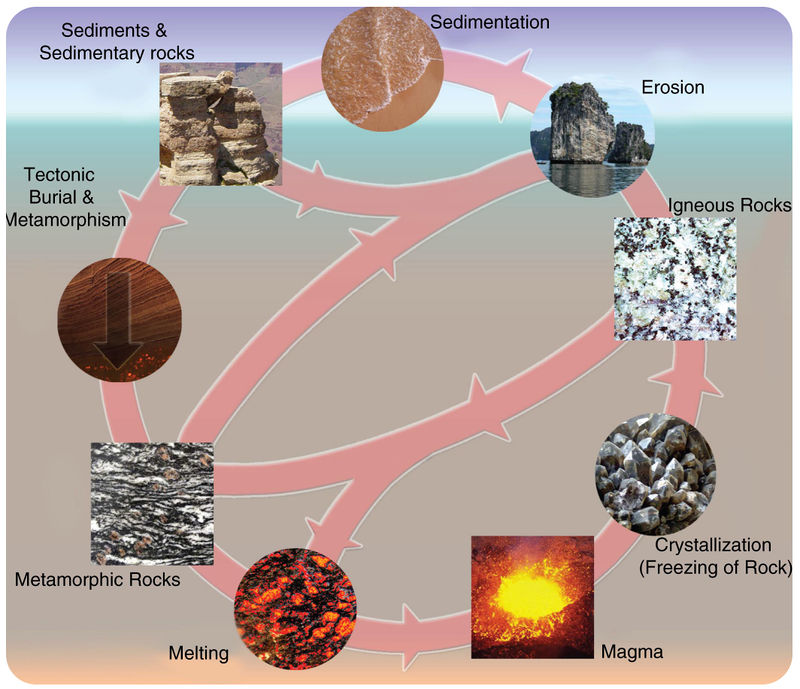
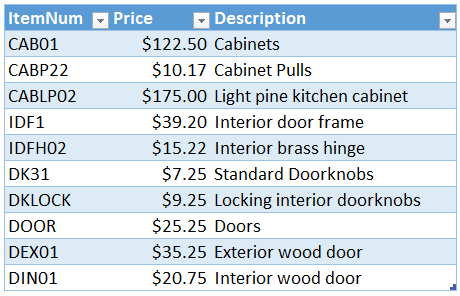
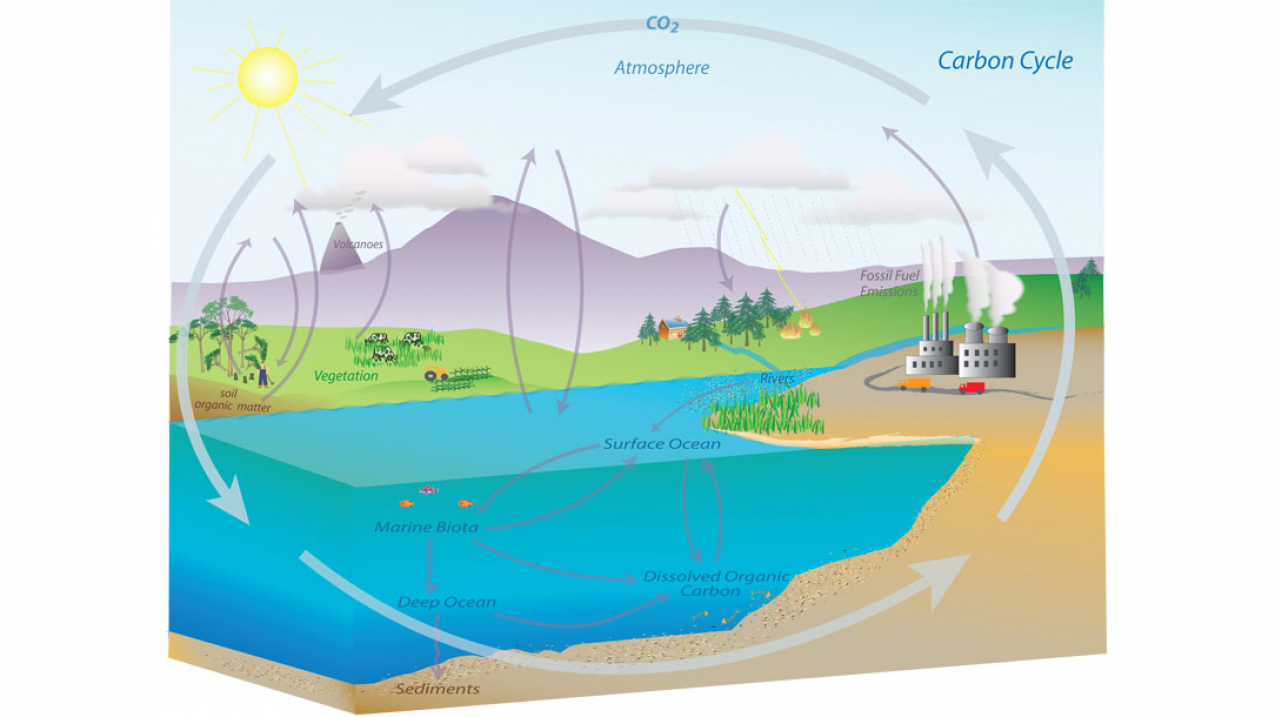
![Best Answer] Using the drop-down menus, label the parts of ...](https://us-static.z-dn.net/files/db3/aefbc4753f060381e2f873a67a594e6a.jpg)
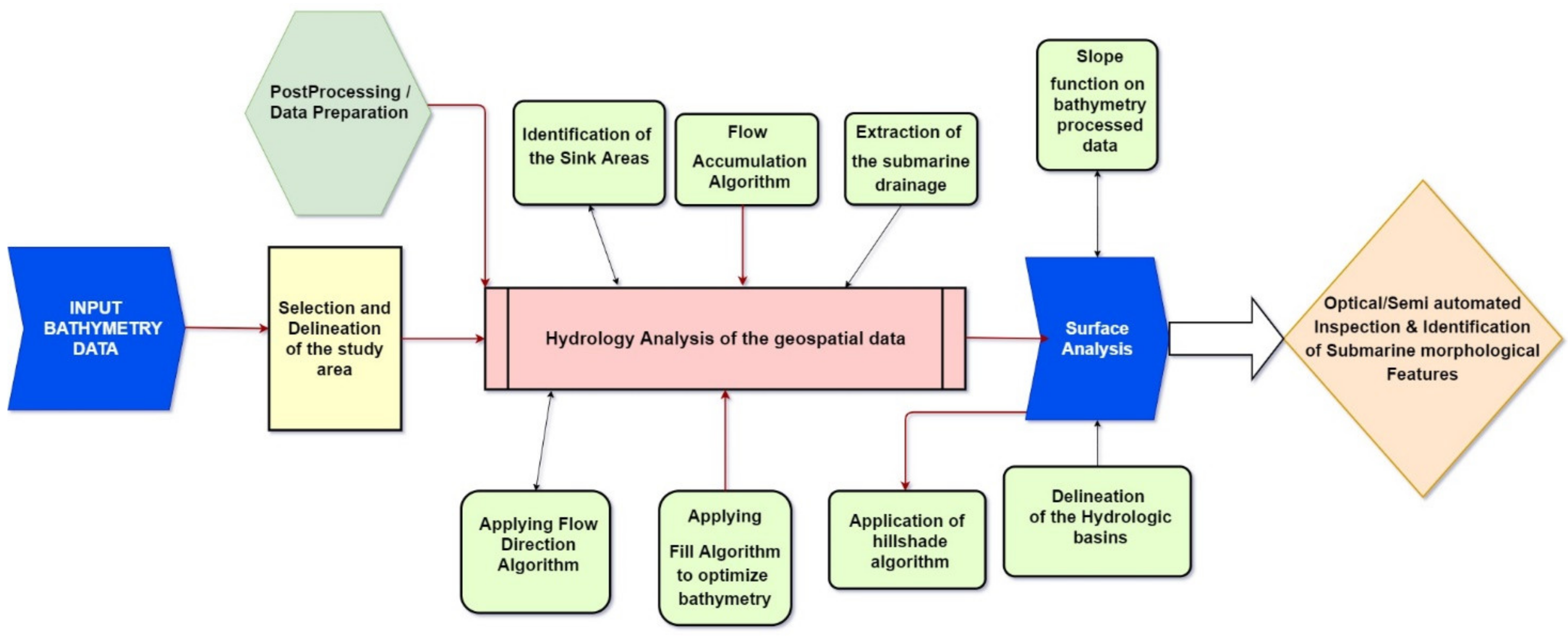

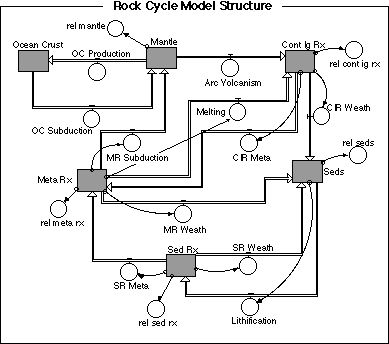

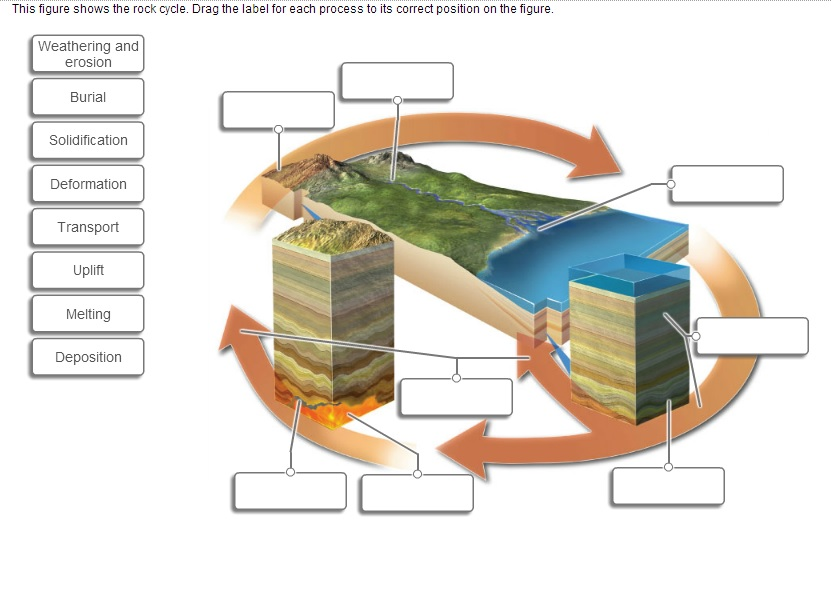




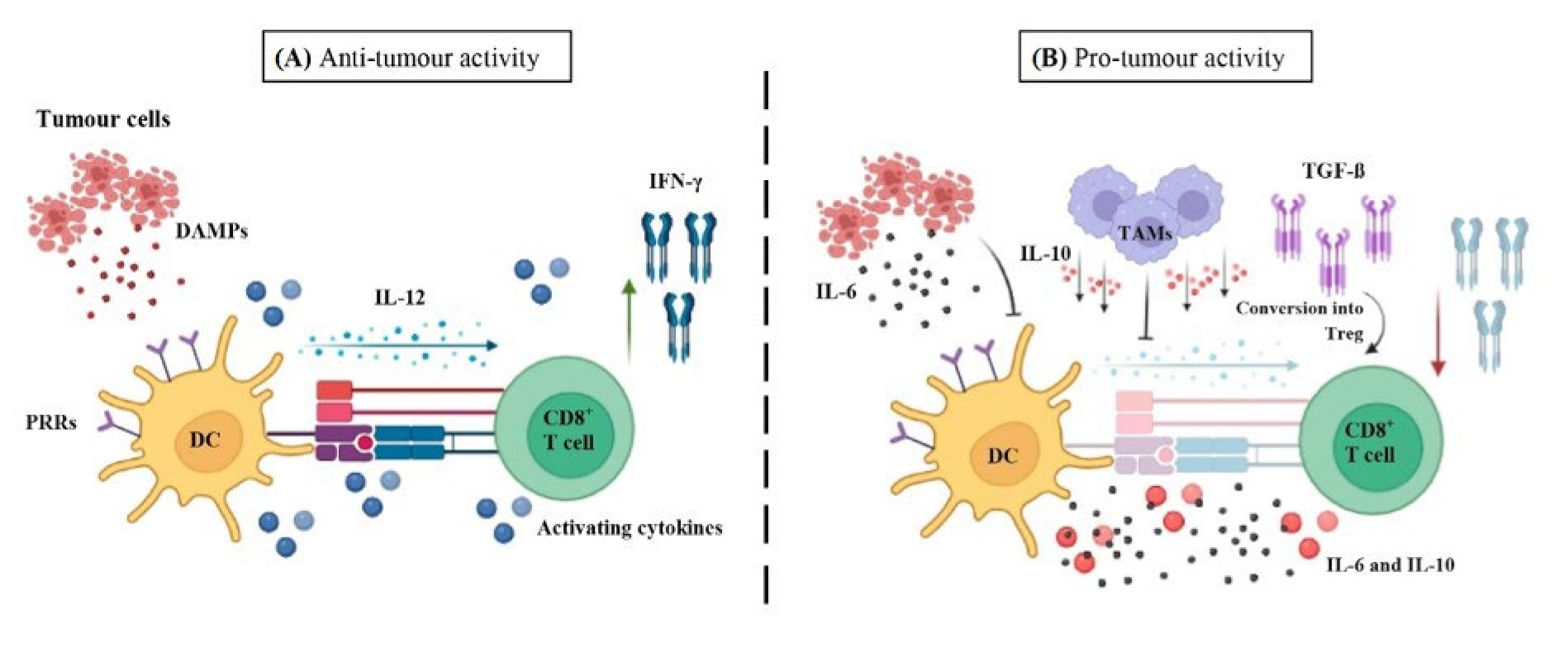




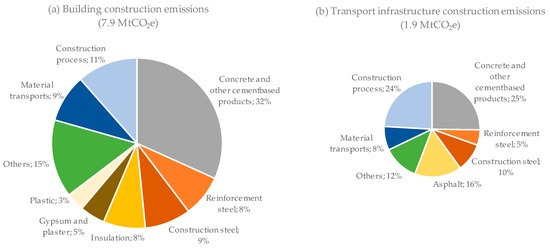
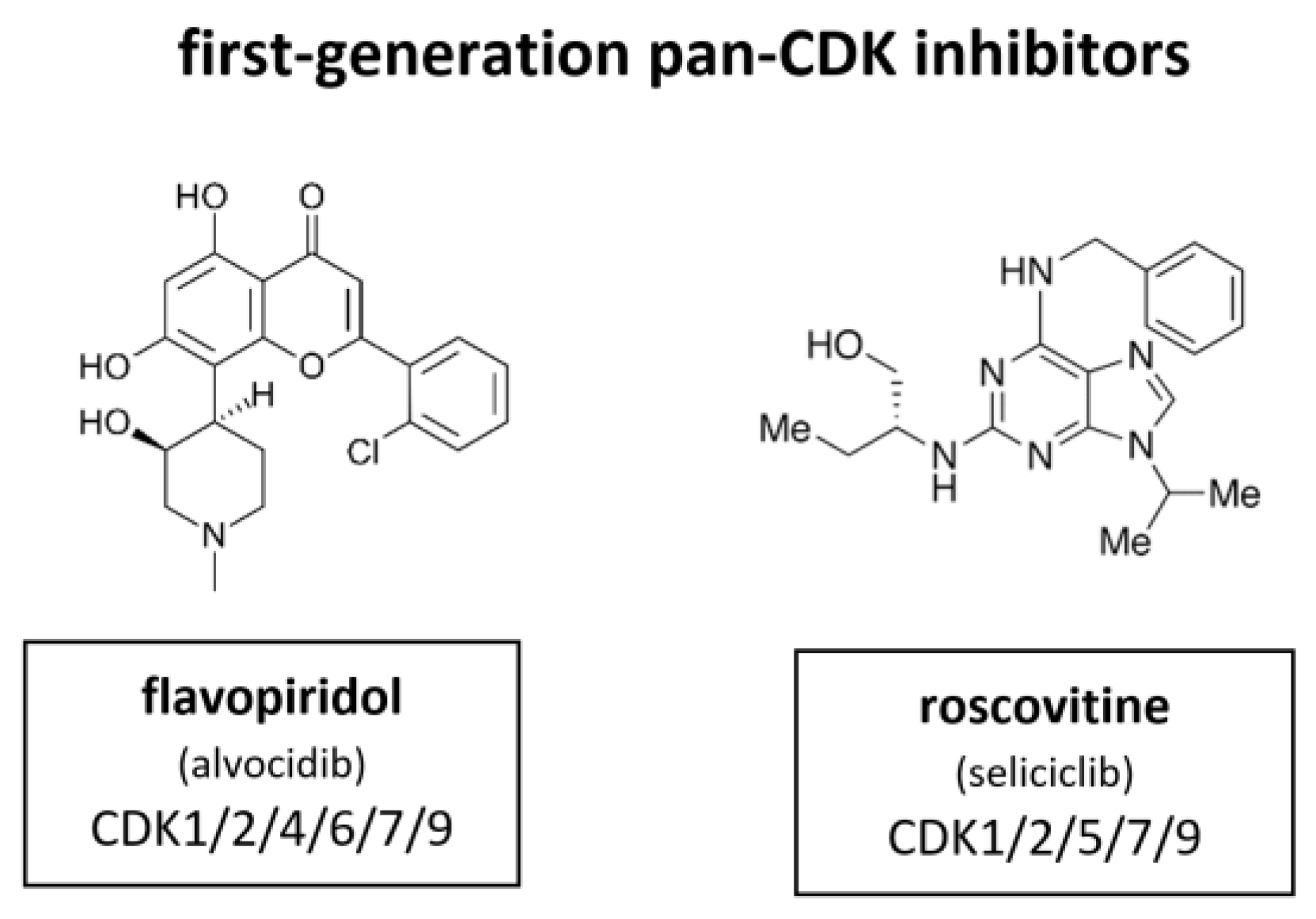
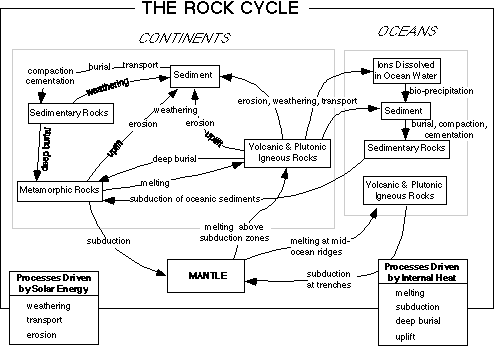





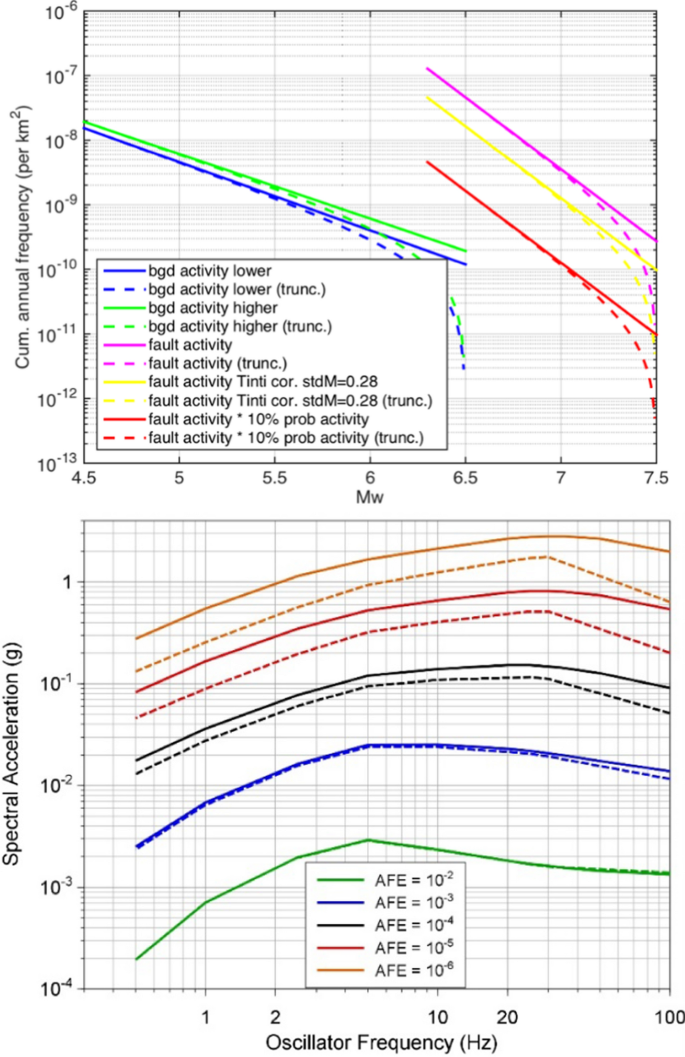
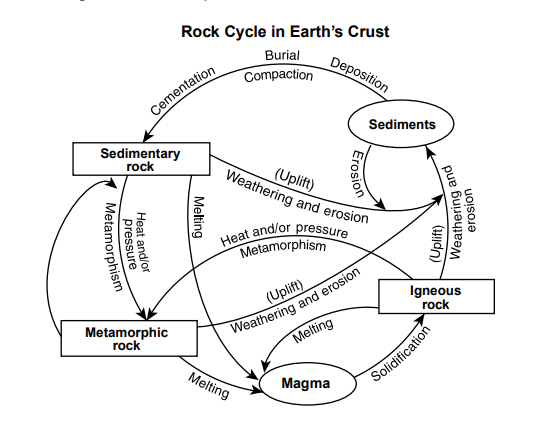
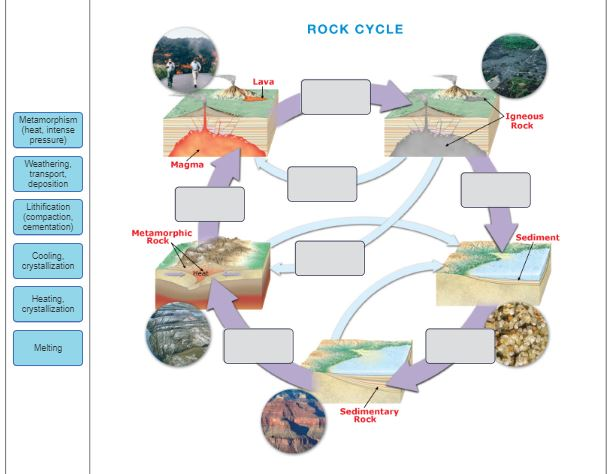



Post a Comment for "44 using the drop-down menus label the parts of the rock cycle"